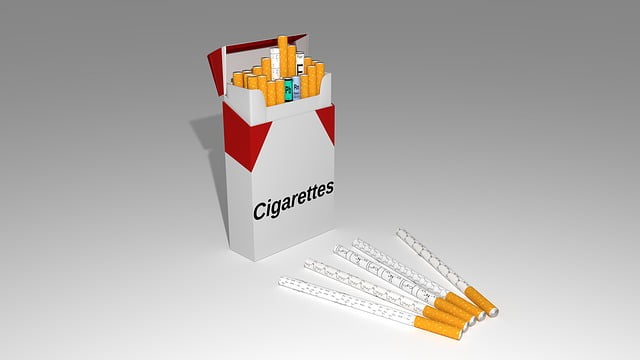
Understanding Addiction: Causes, Symptoms, and Treatment Options
Addiction is a complex disorder that affects millions of people worldwide. It is characterized by a compulsive need to use a substance or engage in a behavior despite negative consequences. Addiction can have devastating effects on an individual’s physical and mental health, relationships, and overall quality of life. In this blog, we will explore the causes, symptoms, and treatment options for addiction.
Causes of Addiction:
Addiction is influenced by a combination of genetic, environmental, and social factors. Some individuals may be more susceptible to addiction due to genetic factors, such as a family history of addiction or certain genetic variations. Environmental factors, such as stress, trauma, and exposure to substances or addictive behaviors, can also contribute to the development of addiction. Social factors, such as peer pressure and cultural norms, can also play a role.
Symptoms of Addiction:
The symptoms of addiction can vary depending on the substance or behavior involved, but some common signs include:
1. Cravings or urges to use the substance or engage in the behavior
2. Difficulty controlling use or behavior
3. Continued use despite negative consequences
4. Withdrawal symptoms when attempting to quit or cut back
6. Increased tolerance, requiring more of the substance or behavior to achieve the same effects
7. Neglecting responsibilities and relationships due to use or behavior
Treatment Options for Addiction:
Addiction is treatable, but it requires a comprehensive approach that addresses the physical, psychological, and social aspects of the disorder. Some common treatment options include:
1. Behavioral Therapy
Behavioral therapies, such as Cognitive Behavioral Therapy (CBT) and Dialectical Behavioral Therapy (DBT), are effective in helping individuals identify and modify negative thought patterns and behaviors associated with addiction.
2. Medications
Medications, such as Methadone and Buprenorphine, can help manage withdrawal symptoms and cravings associated with opioid addiction. Medications can also be used to treat co-occurring mental health disorders, such as depression and anxiety.
3. Support Groups
Support groups, such as Alcoholics Anonymous and Narcotics Anonymous, provide a supportive community and a safe space for individuals in recovery to share their experiences and receive support.
4. Residential Treatment Programs
Residential treatment programs provide a structured and intensive approach to addiction treatment, often incorporating a combination of therapy, medication, and support groups.
5. Holistic Approaches
Holistic approaches, such as mindfulness meditation and yoga, can help individuals manage stress and develop healthy coping strategies.
In conclusion, addiction is a complex disorder that can have devastating effects on an individual’s physical and mental health, relationships, and overall quality of life. Understanding the causes, symptoms, and treatment options for addiction is crucial in helping individuals seek the support and treatment they need to overcome the disorder. By addressing the physical, psychological, and social aspects of addiction, individuals can achieve and maintain long-term recovery.



